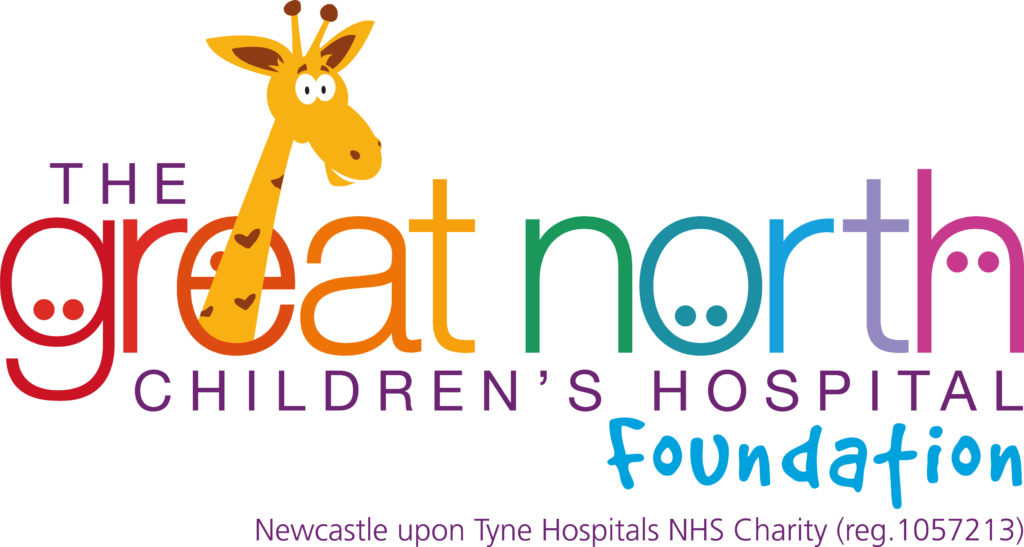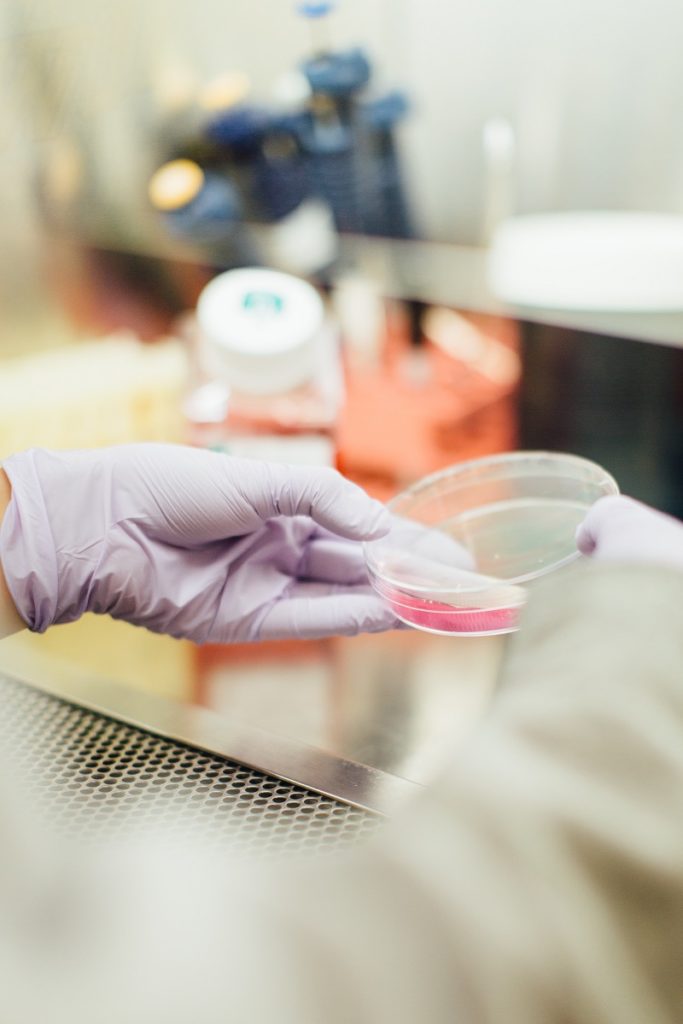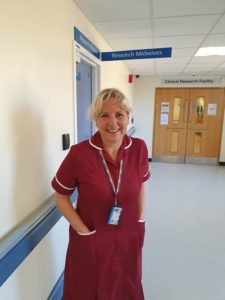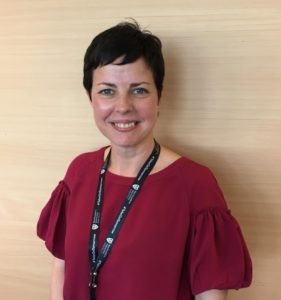In Newcastle, we understand the importance of scientific discovery to underpin improvements in healthcare.
We support a number of research and innovation projects and the Charity is committed to supporting this at two of the best hospitals in the world, the RVI and the Freeman.
The volunteer led Joint Research Executive Scientific Committee (JRESC), comprising of leading clinicians and academics from both Newcastle Hospitals and Newcastle University carries out a peer review of all research grant applications and takes into consideration the impact, value and quality of the research. We are able to identify a range of research projects.
Nursing, Midwifery and Allied Health Professionals (NMAHP) Researcher Development Institute
NMAHPs make up a huge proportion of Newcastle Hospitals’ workforce. It was identified that there are limited numbers of flexible opportunities for NMAHPs to undertake research alongside their clinical practice, with obstacles including a high level of competition for national research funding and fellowships, as well as NMAHPs being unable to find time away from clinical practice to dedicate to research.
Newcastle Hospitals Charity provided a major grant to create Newcastle’s new NMAHP Researcher Development Institute which will support hundreds of staff to turn their research ideas and aspirations into reality. The Institute will fund a range of academic opportunities for NMAHPs and will also address some of the challenges associated with making space for research within busy clinical roles, such as back-filling staff posts when needed.
You can find out more about the Researcher Development Institute on the Newcastle Hospitals website.

Patients and staff at the Sir Bobby Robson Cancer Trials Research Centre, at the Northern Centre for Cancer Care in Newcastle, work closely together to improve the treatment and diagnosis of cancer – and to study the effects of new drugs for the benefit of this generation and generations to come.
The centre offers patients from across the North East and Cumbria access to early drug trials and potential new treatments, including immunotherapy drugs that are proving very effective for some cancers which would otherwise be extremely difficult to treat.
Officially opened by Sir Bobby in 2009, around 400 patients with non-curative cancer are referred each year and there are currently 30 drug trials ongoing.
For the last 14 years, the Sir Bobby Robson Foundation has funded a research nurse and a junior doctor post in the centre and, in 2021, funded two new pilot roles to support the trials work – an occupational therapist and a dietician.
For more information, please visit: www.sirbobbyrobsonfoundation.org.uk.

Young Person’s Advisory Group North England (YPAGne) is helping to shape the way we communicate at Great North Children’s Hospital (GNCH).
YPAG designed and delivered a training session which is helping to shape the way junior doctors communicate with young people about their health at the Great North Children’s Hospital.
Members of the research group delivered an interactive Zoom session to a group of 22 junior doctors to discuss some of the challenges felt by young people whilst accessing healthcare. The session has been praised for being an open, honest and respectful insight into how to provide a better health care experience for young adults.
Funded by the Great North Children’s Hospital Foundation, YPAGne allows young people to have a voice in health care and research. The group usually meets once a month to review many different types of research aimed at children and young people.
Other examples of our research
During 2019/20 the Charity supported projects focused on tackling a range of issues from developing novel therapies for babies born with serious cardiac issues; improvements for the diagnostics of medulloblastoma (childhood cancer) and assessing emerging therapeutic targets for oesophageal cancer.

The Oxford University UK RECOVERY trial, of which Newcastle is a site, is the first clinical trial anywhere in the world to show a treatment provides significant impact in reducing patient mortality.
The results show that dexamethasone reduces 28-day mortality substantially among patients with COVID-19 who received oxygen or ventilation in the trial. Among participants receiving oxygen alone, the risk of death was reduced by 20%, and among participants receiving ventilation the risk of death was reduced by 35%.
These results are incredibly important and have immediate applications globally for the many thousands of patients currently in hospital receiving oxygen and will potentially save many lives.
Thanks to the hard work from many clinical and research staff who stopped and reprioritised their current studies, the Trust was very quick to set up a COVID-19 research team when the pandemic began.
The team has already supported and contributed significantly to ground-breaking research, including in the emergency department, infectious diseases, respiratory medicine, critical care, maternity care and paediatrics. All of which are aimed at improving our understanding of COVID-19 and finding effective treatments. The Trust is currently contributing to over ten COVID-19 studies prioritised by the Chief Medical Officer, Chris Whitty.

Two former midwifery clinicians who work in research roles for the Trust have been focused on finding new ways of working with patients through the pandemic.
Karen Verrill is a former midwife, currently working on COVID-19 studies as a Research Midwife at Newcastle Hospitals. She is working alongside Vikki Smith, a former Midwife Sonographer; who holds a joint Clinical Academic role between Northumbria University and Newcastle Hospitals.
A typical day for Karen involves liaising with the clinical midwives to identify any pregnant women who may be eligible to participate in research studies, a key part of her role is to promote research and raise awareness of the COVID-19 studies that are running in Reproductive Health.
Karen has been struck by how COVID has influenced the rapid set up and approval of research and believes there are some valuable lessons to be learned from how COVID studies have been initiated in a matter of days whereas previously this would normally take weeks or months.

Vikki is involved in a Fetal Ultrasound Telemedicine Clinic, which has been running for five years and links Newcastle Hospitals Fetal Medicine Unit with West Cumberland Hospital in Whitehaven.
She believes there are growing opportunities for research to influence how we practice in the future as there has been a lot of focus on reducing face to face visits for patients.
“It is an excellent opportunity to capture the perspectives of staff and patients in relation to remote consultations where possible. There are so many other ways to interact with patients and we have a real opportunity to understand more about what patients actually prefer.”
For the fully story or more information please visit the Newcastle Joint Research Office website.